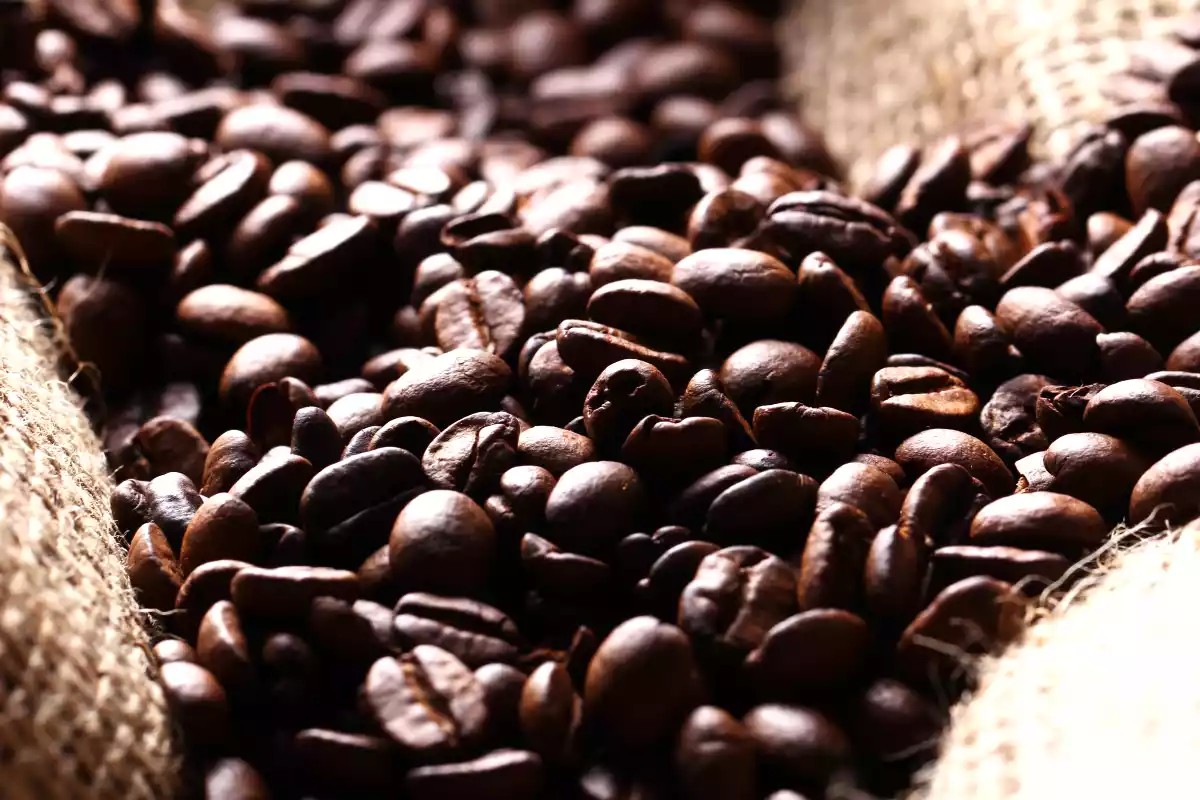You'll never guess where the world's most expensive coffee comes from!

Have you ever heard of a coffee so exclusive that its production process involves the feces of an animal? Yes, we're talking about Kopi Luwak, known as "black gold", one of the most expensive coffees in the world that challenges the most demanding palates and arouses curiosity and debates about ethics and sustainability. Discover its origins here!
The origin of Kopi Luwak
Kopi Luwak originates from the islands of Sumatra, Bali and Java in Indonesia. The production process is quite peculiar:
The civet's diet: The civet, a cat-like mammal, feeds on the fruits of the coffee tree. During digestion, the enzymes in the animal's stomach ferment the coffee beans, altering their chemical properties.
Collecting the beans: The coffee beans are then collected from the civet's feces, washed and processed to produce coffee.
Unique flavor: It is believed that this natural fermentation gives Kopi Luwak a unique flavor, with fruity notes and less bitterness.
Why is it so expensive?
The scarcity, the artisanal production process and the reputation for exceptional flavor raise the price of Kopi Luwak to astronomical levels. A kilo can cost up to US$500!
The dark face of Kopi Luwak
Behind the aura of exclusivity, the Kopi Luwak carries with it a series of controversies:
Animal cruelty: Many civets are kept in captivity in precarious conditions, fed exclusively on coffee berries and deprived of their natural habits.
Environmental impact: The growing demand for Kopi Luwak has driven deforestation to create coffee plantations, affecting the civets' natural habitat.
Ethical issue: The idea of consuming a product derived from animal feces raises ethical questions about the value we place on food and respect for animal life.
More ethical alternatives
Faced with controversy, some companies and producers are looking for more ethical alternatives for producing high-quality coffee without exploiting animals. Some options include:
- Sustainably grown coffee: prioritizing the preservation of the environment and the well-being of farmers.
- Microlot coffee: Produced in small quantities, with greater quality control and appreciation of origin.
- Specialty coffee: Selected beans processed by hand, resulting in complex and unique flavors.
Don't forget
Kopi Luwak is an example of how the search for exclusive and exotic products can have a negative impact on the environment and animal life. It is essential that consumers are aware of the consequences of their choices and opt for products that are produced ethically and sustainably.
Read more
 Mirella Mendonça
Mirella Mendonça


Comments